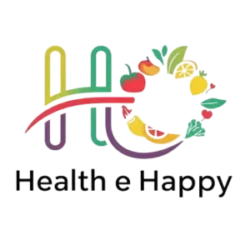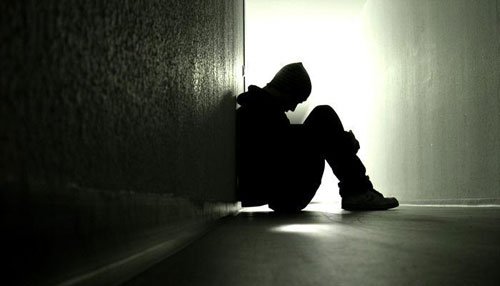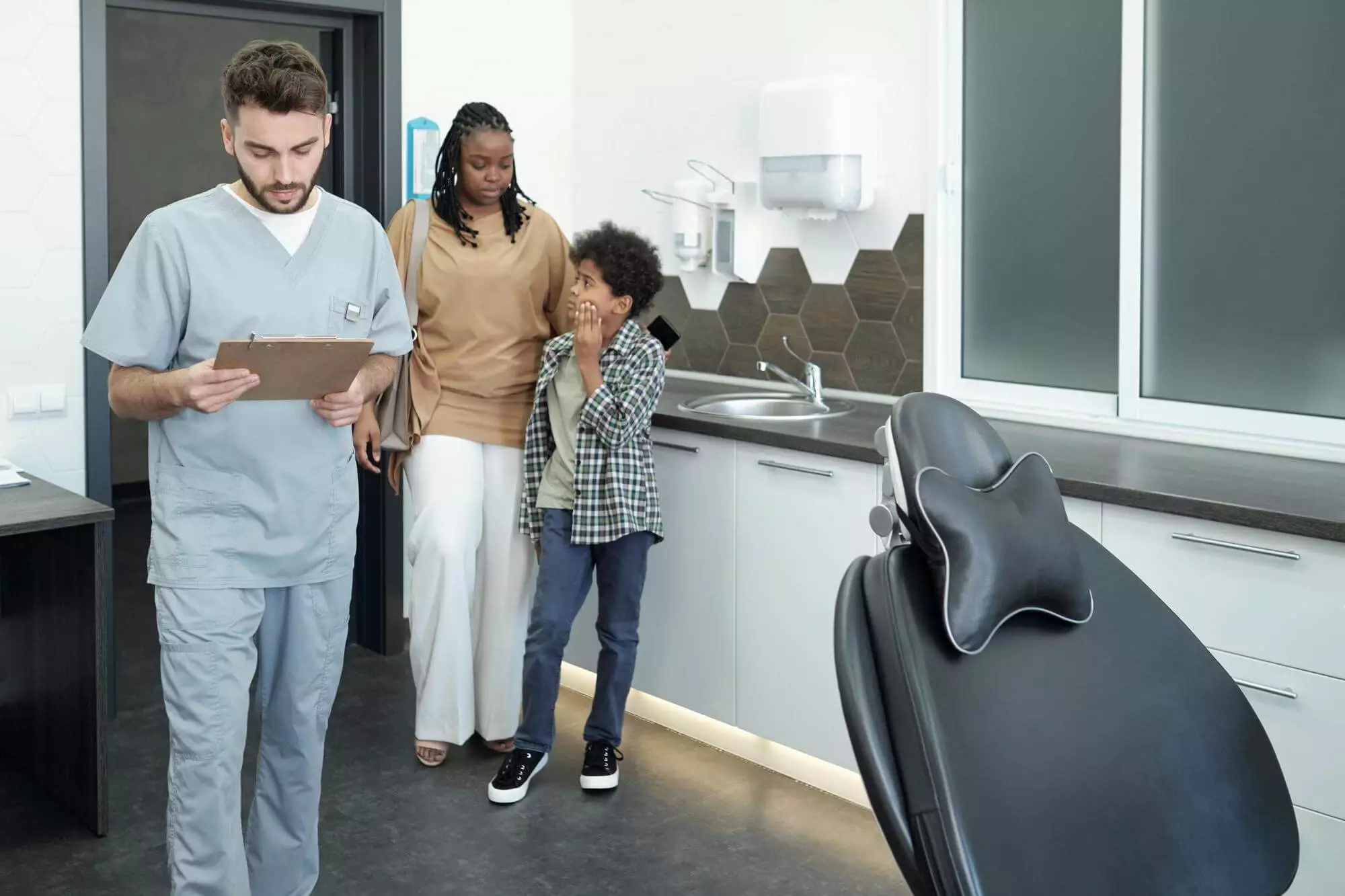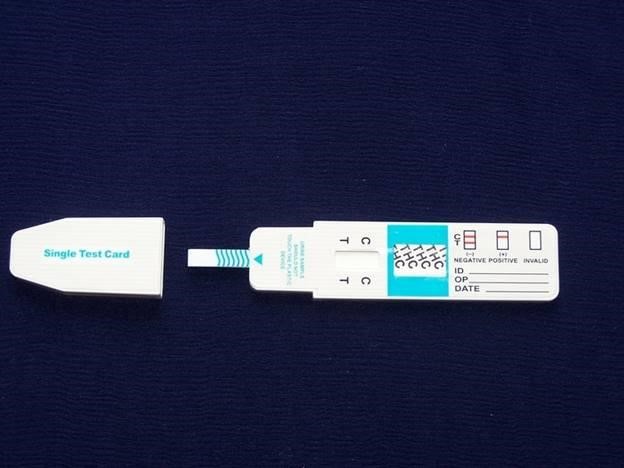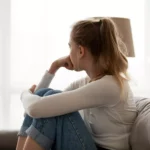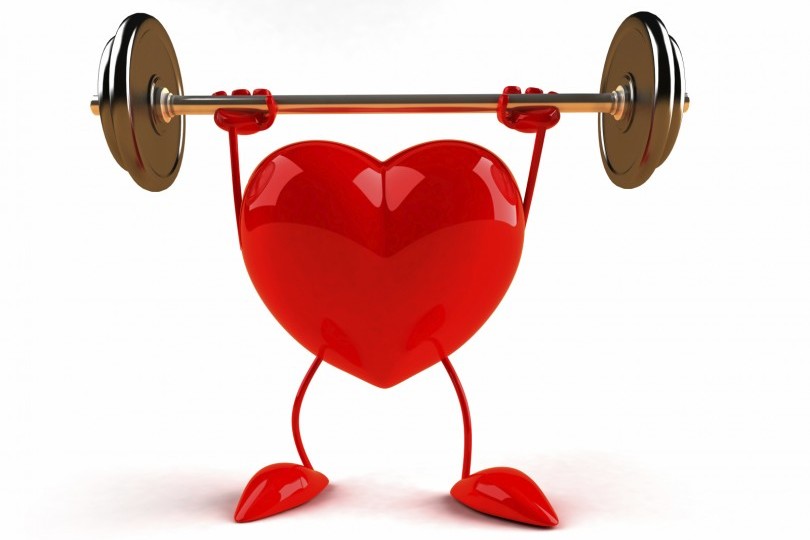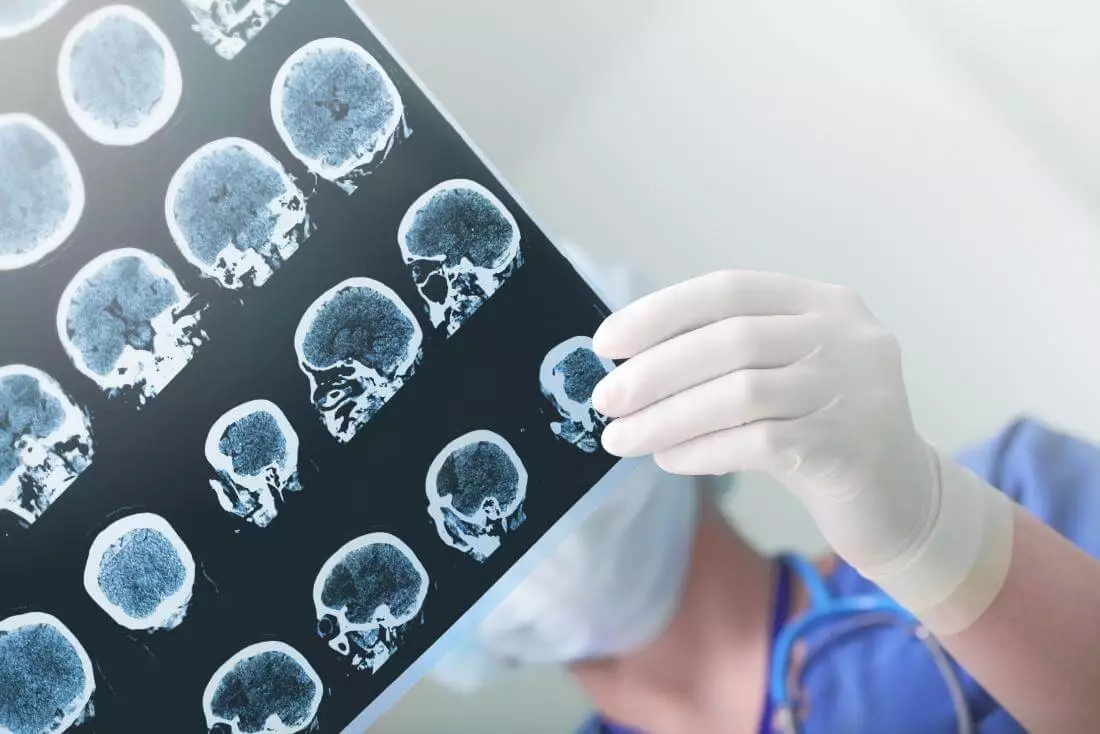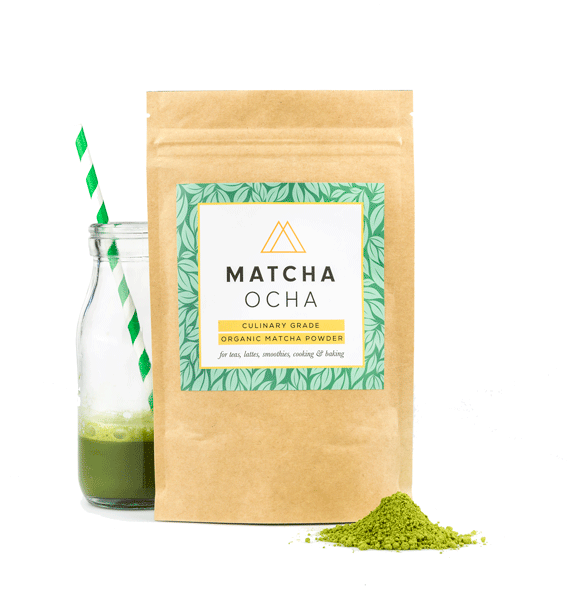Hope is something we all need to face the challenges of life. Scott Peck, author of The Road Less Travelled, opened his book with the famous, simple line—Life is Difficult.

In the face of life’s difficulties many people lose hope. If we go through enough difficulties unsupported we could end up with what is called, “learned helplessness.” This is the hopeless, bottom of our emotional barrel. Learned helplessness is a slowly internalized story that we are helpless to effect any significant, positive change. We have been alone in our failures so many times we begin to “over personalize” our setbacks. We believe that it isn’t that we failed, it’s that we “are a failure,” or, “Something is wrong with me.” We then begin to act out that identification with being a failure.
This usually takes some form of isolation. We sink into television, food, alcohol, sex, or just cut off from others. We can become hyper vigilant, defensive, and feel perpetually victimized by life. The strange thing is that even though its never true that we “are a failure,” our beliefs about failure will continue to out picture in our lives as continued and more dramatic defeat in the face of life’s difficulties. This learned helplessness belief system was famously dramatized in Arthur Miller’s Pulitzer winning play, Death of a Salesman. In the play the lead character, Willy Loman, is so identified with his failures that he ends up committing suicide. Lacking hope is not just a life problem, it can be life threatening.
The human psyche doesn’t do well on its own. We need others to sustain hope. We need to be seen, heard, understood, and known. In child development we know that “mirroring” a child gives him or her a strong core self. When a child’s experience is reflected in the eyes, voice, and emotions of an adult, the child feels seen, heard, worthy, loved, and hopeful about their ability to succeed. The need for this kind of recognition and mirroring never actually leaves us. When we hide our pain, medicate it, or act it out on others, we often end up hopeless and alone. We need an intervention. We need someone to tell us, “I see you’re pain. It is normal. You are ok. You’re not alone.” With enough mirroring and support for change, people can often give up their hopeless victim stories and begin to live a different belief system. This new story can include the ability to change an addiction, a dysfunctional relationship pattern, continued financial struggle, or whatever else makes up the learned helplessness.
People can also benefit from role models to engender hope. For instance, in Alcoholics Anonymous the out of control, desperate alcoholic enters a room full of people who have their problem. No matter how low the alcoholic has sunk: divorce, financial ruin, health problems, jail, violence—someone else in the program has, “been there done that.” This often creates great hope for the isolated, out of control addict. They look at the person who has made it through their problem and start to think, “If he could get a life after jail maybe I can too.” “If she can get remarried maybe I can too.” “If he could get sober maybe I have a chance.” With the support of the people in the program the addict slowly finds their way out of helplessness and isolation. They “get outside of themselves.” They help set up the room, become a greeter, take care of the finances for the meeting, or make coffee. They end what is called their story of “terminal uniqueness” –that is, the story that they are so hopelessly messed up no one can help them.
After a year or two in recovery many alcoholics find themselves one day leading a meeting with, “I know if you are new you may think there is no hope for you. We all feel that way. But if you stay here you can find not only hope, but a new life.”
Hope is a necessary ingredient for life to be successful in life. You can find hope if you just ask for help. Help is all around you: therapy, twelve steps, life coaches, support groups, etc. Just ask, just take the step towards hope and watch as life matches your new story of hope, healing, and love.
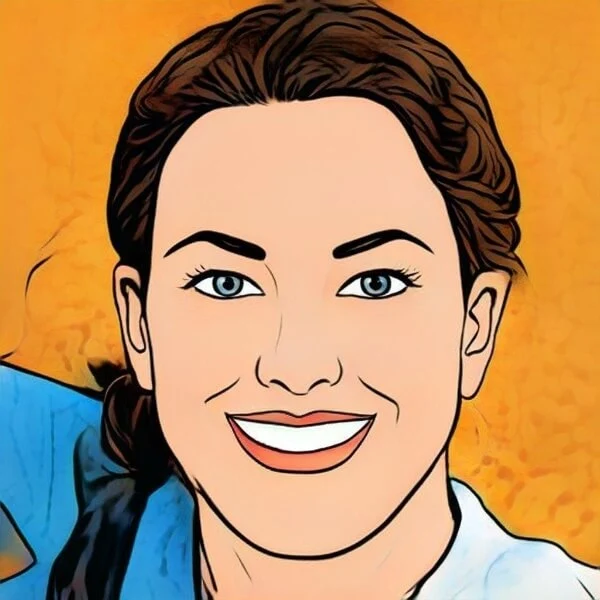
Karen is a health blog author who has been writing about healthy living since 2013. She started her journey by adopting a vegan diet and eating only organic foods, but the more she learned, the more she realized that we should all be eating plant-based diets exclusively. As an expert in nutrition and wellness, Karen blogs to educate readers on how they can live happier and healthier lives through food choices!
